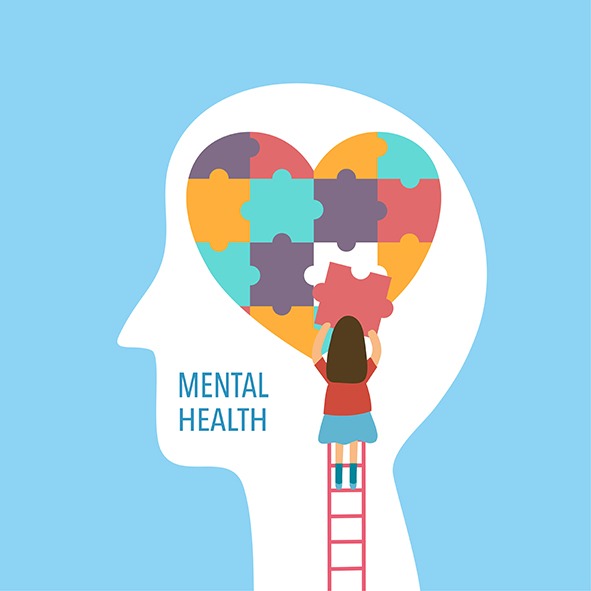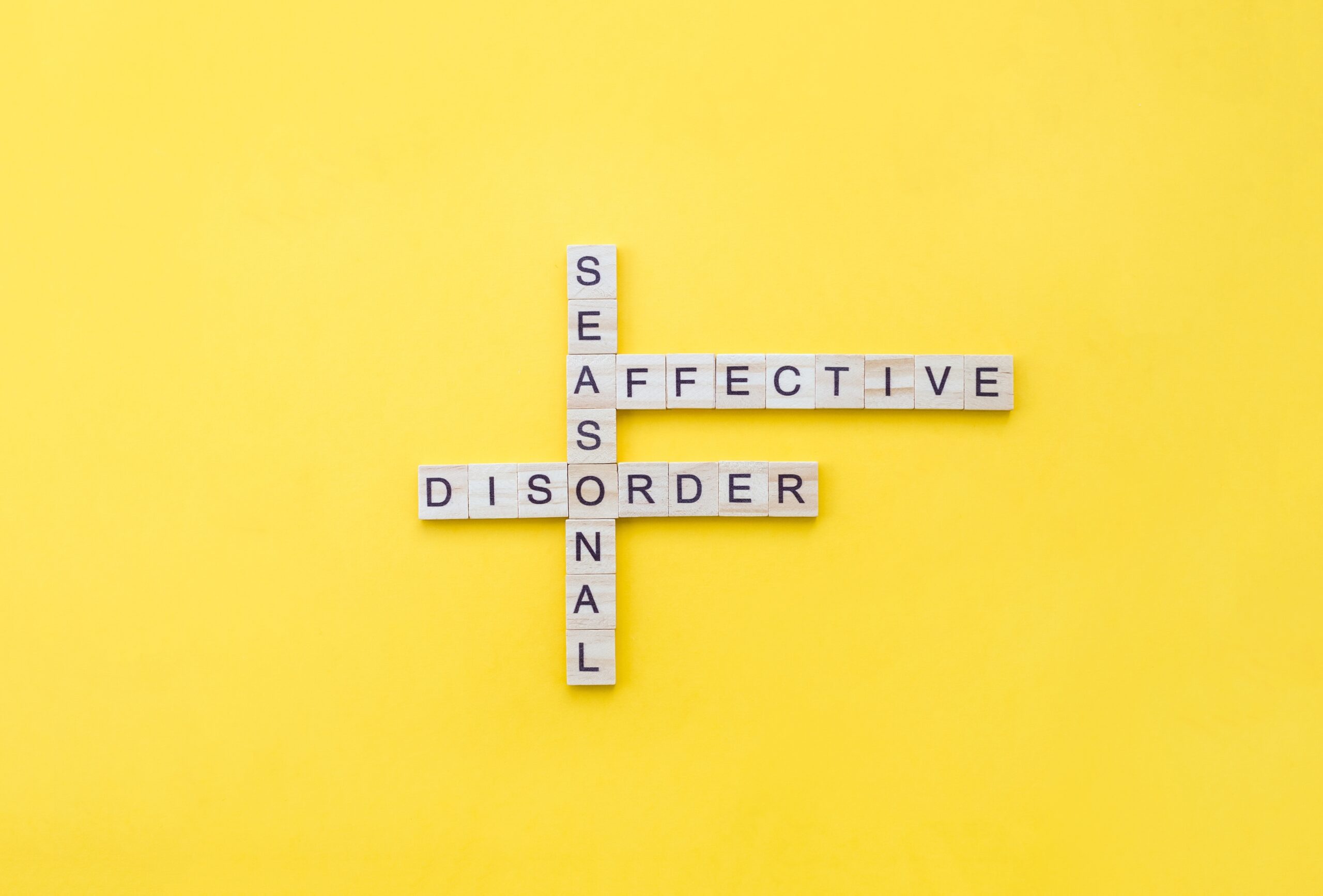While life is beginning to return to normal for those vaccinated against COVID-19, the pandemic itself is far from over due to a large percentage of people not getting the vaccine and more contagious variants like Delta that are entering and spreading throughout the United States.
Studies have shown that the pandemic has done a number on the mental health of most Americans, as studies conducted throughout 2020 showed that nearly 80% of people surveyed through Mental Health America had signs of moderate to severe depression and anxiety.
Fortunately, there are ways to determine whether or not you’re just going through a bad stretch or if it might more of a clinical issue, such as depression or anxiety. Glens Falls Center for Rehabilitation and Nursing has the details on a Depression Scale created by researchers at Columbia University that you can measure your symptoms on and determine whether you should seek mental health treatment.
Questions to Answer
For the following situations, answer this question: “Over the last two weeks, how often have I encountered or been bothered by this?” Answer with the following number system:
0 = Not at all
1 = Several days
2 = More than half the time
3 = Nearly every day
- Little interest or pleasure in doing things
- Feeling down, depressed, or hopeless
- Trouble falling or staying asleep, or sleeping too much
- Poor appetite or overeating
- Feeling bad about yourself—that you are a failure or that you have let yourself or your family down
- Trouble concentrating on things, such as reading the newspaper or watching television
- Moving or speaking so slowly that other people could have noticed? Or conversely, being so fidgety or restless that you have been moving around a lot more than usual
- Thoughts that you would be better off dead or hurting yourself in some way
Analyzing the Results
After tallying up your score, the following ranges represent different ranges of depression risk:
- 5-9, mild
- 10-14, moderate
- 15-19, moderately severe
- 20 and up, severe
Even mild cases should be discussed with your doctor, but higher scores or any thoughts of suicide or harming yourself should be addressed immediately. In addition, professionals are available around the clock at the National Suicide Prevention Lifeline at 800-273-8255.
To learn more about Glens Falls Center for Rehabilitation and Nursing and all of the services they offer, visit http://glens-falls-center.facilities.centershealthcare.org/.






